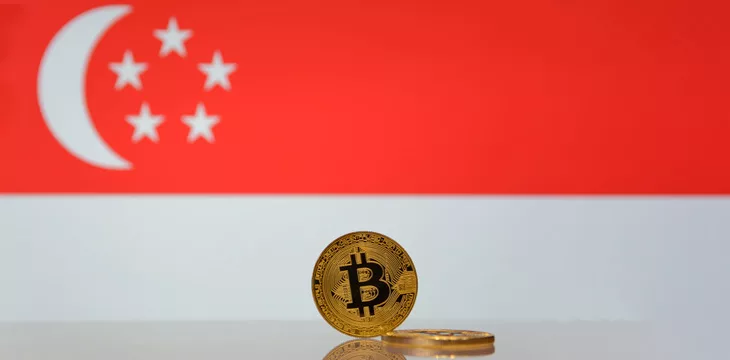|
Getting your Trinity Audio player ready...
|
Digital assets have been conferred with property rights in Singapore following a ruling by the High Court of Singapore in a landmark case.
On July 25, the High Court of Singapore ruled digital currencies as personal property and subject to existing property laws. Judge Philip Jeyaretnam emphasized the equivalence in value between digital assets and fiat currencies, affirming their eligibility for trust holding.
The landmark ruling was issued in a case involving Bybit and its ex-employee, centering around an “anomalous” transfer of stablecoin USDT. Per the court documents, Ho Kai Xin, a former Bybit employee, used her position to transfer over 4 million USDT to addresses she controlled illegally.
In its case to the court, Bybit sought a declaration that the former employee was merely holding the assets in trust for the company, seeking an order for their return. In his ruling, Jeyaretnam noted that digital currencies, though not physically visible, constitute property eligible for trust holding.
“We identify what is going on as a particular digital token, somewhat like how we give a name to a river even though the water contained within its banks is constantly changing,” said the judge. “I further hold that ByBit has established its case for summary judgment, and accordingly grant the declarations sought on the basis of institutional constructive trust.”
The judge refuted the argument that digital currencies lack real value due to their intangible nature. He noted that the value of an object is determined by an “aggregate of human minds,” citing the analogy of a floating wooden chair over a golden throne on a sinking ship.
“Before a right or an interest can be admitted into the category of property, or of a right affecting property, it must be definable, identifiable by third parties, capable in its nature of assumption by third parties, and have some degree of permanence or stability,” read the judgment, citing a common law legal precedent.
Aside from granting summary judgment in favor of Bybit, the court ordered the payment of costs of $45,000 in favor of the digital currency exchange to cover the legal fees incurred during the process of seeking the interim reliefs, taking “into account the legal novelty of the issues.”
Protected by law
Despite banning digital currencies, in 2022, a Chinese court ruled the asset class can be classified as property since it has economic value. The Chinese legal system has extended the same reasoning to non-fungible tokens (NFTs), eliminating ambiguity over their standing in the country.
“NFT digital collections have the object characteristics of property rights such as value, scarcity, controllability, and tradability,” said the Hangzhou Court of China. “At the same time, they also have the unique attributes of network virtual property such as network virtuality and technology and belong to network virtual property.”
Similar rulings have been given in Japan, Thailand, and the U.K. as regulators introduce more precise rules for the digital currency industry.
Follow CoinGeek’s Crypto Crime Cartel series, which delves into the stream of groups—from BitMEX to Binance, Bitcoin.com, Blockstream, ShapeShift, Coinbase, Ripple,
Ethereum, FTX and Tether—who have co-opted the digital asset revolution and turned the industry into a minefield for naïve (and even experienced) players in the market.

 07-12-2025
07-12-2025 





